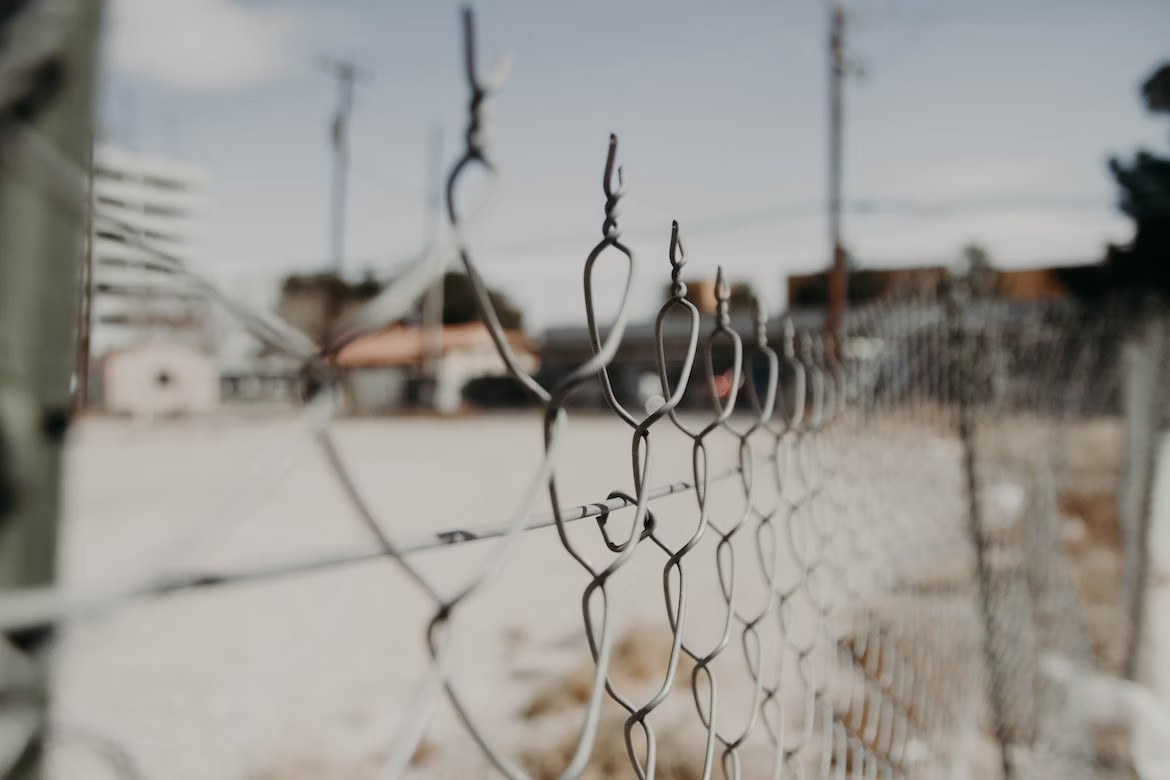You might not be aware, but the issue of addiction among inmates is a pressing concern that goes beyond the prison walls. It feeds into the cycle of incarceration and poses a societal dilemma that can’t be ignored. In South Africa, where the rates of both substance abuse and incarceration are significant, this is a subject that touches many lives, perhaps even yours or someone you know.
One lesser-known fact is that inmates with untreated addictions are more likely to return to criminal activities upon release, perpetuating a cycle that costs the individual and the society at large. The lack of comprehensive substance abuse programs in prisons exacerbates the issue. By ignoring the need for rehabilitation, we’re essentially putting a band-aid on a gaping wound and expecting it to heal.
If you or someone you care about is caught in this cycle, know that there are solutions. Advocacy for better rehabilitation programs within prisons is growing. Treatment options that go beyond simple detox, incorporating behavioral therapy and life skills training, are beginning to take root. You can seek help for yourself or your loved ones by contacting organizations focused on addiction recovery, many of which offer programs tailored to those who have been incarcerated.
Each sentence you read, each fact you absorb, brings us collectively closer to understanding the scope of this issue and the urgency for action. You’re part of this narrative and your role, whether as a supporter, advocate, or someone seeking help, is indispensable.
Here’s a contrasting table highlighting the differences between addressing addiction among inmates and its impact on the cycle of incarceration and substance abuse:
| Aspect | Addressing Addiction Among Inmates | Impact on the Cycle of Incarceration and Substance Abuse |
|---|---|---|
| Focus | Rehabilitation and treatment | Recidivism prevention and societal impact |
| Primary Goal | Help inmates overcome addiction | Break the cycle of reoffending and substance abuse |
| Approach | Providing therapy and support | Creating opportunities for reintegration and recovery |
| Key Programs and Services | Addiction treatment programs | Job training, education, and post-release support |
| Success Metrics | Reduced relapse rates | Lower recidivism rates and reduced societal costs |
| Role of Advocacy | Promoting improved prison programs | Advocating for criminal justice reform and rehabilitation |
| Impact on Society | Reduces the burden on healthcare | Reduces crime rates and enhances community safety |
| Challenges | Limited resources and stigma | Overcrowded prisons and resistance to change |
| Future Prospects | Growing awareness and advocacy | Shifting towards a rehabilitative justice system |
Addressing addiction among inmates and breaking the cycle of incarceration and substance abuse are two intertwined challenges that require a multifaceted approach. While addiction treatment programs within prisons play a crucial role, addressing the broader issues of reintegration and societal support is equally vital in reducing the long-term impact of this cycle. Advocacy and societal awareness can help drive positive change, ultimately benefiting both individuals and communities.
In the journey to break free from the cycle of incarceration and substance abuse, remember that your path towards recovery is a beacon of hope. Just like the individuals we discussed earlier, you have the strength within you to overcome adversity. The South African context, like many others, faces its unique challenges, but it’s also a land of resilience and transformation.
Nelson Mandela once said, “It always seems impossible until it’s done.” This holds true for those battling addiction within the prison system, as well as for the communities that support their rehabilitation. Embrace the possibility of change, and remember that the road to recovery is marked by progress, not perfection. Together, we can create a brighter, addiction-free future for South Africa.




